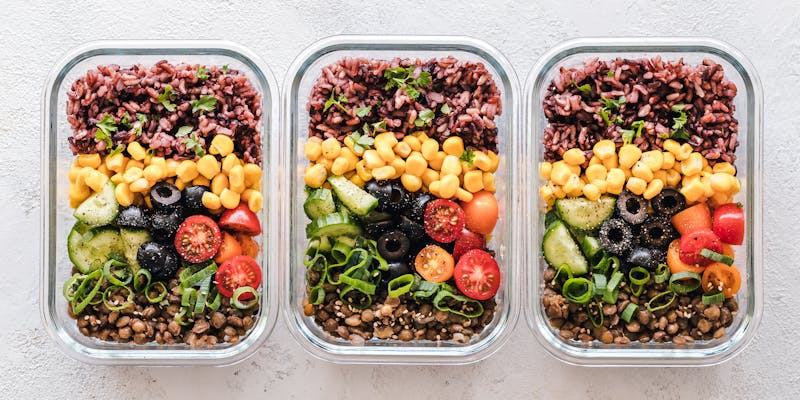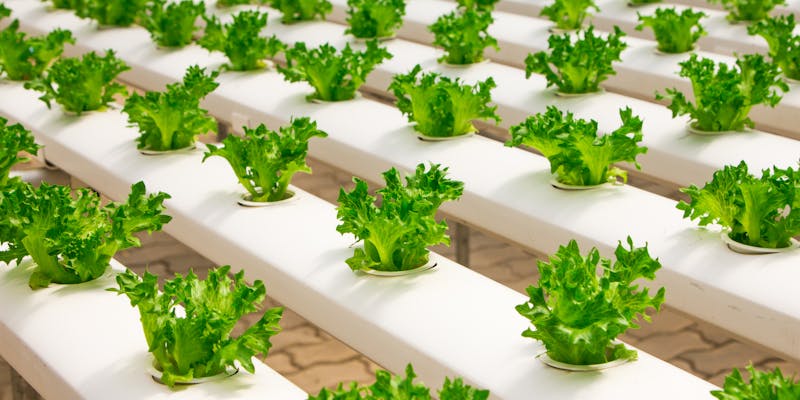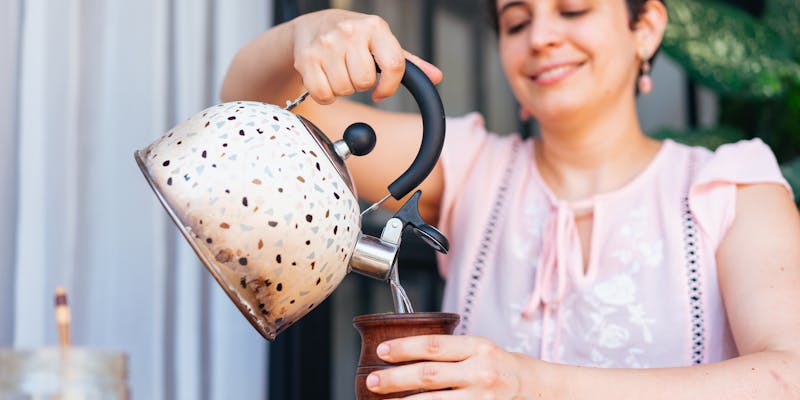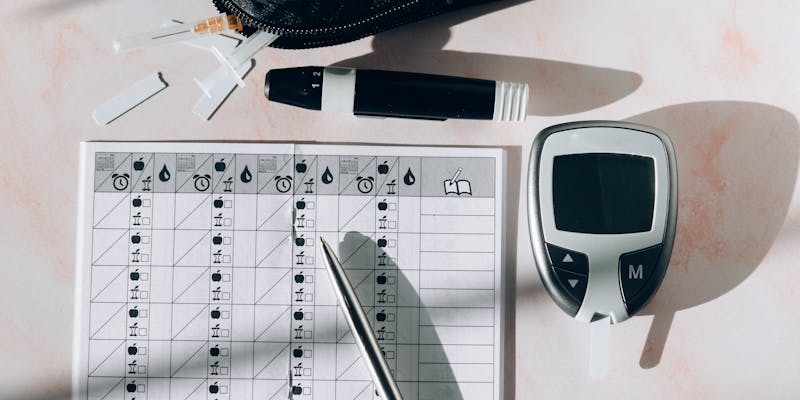Are you or your loved one feeling overwhelmed by kidney disease and unsure of what to eat? You're not alone. Millions worldwide manage this condition, and navigating dietary changes can be confusing. In this article, we’ve prepared a chronic kidney disease diet food list, which is a list of foods that are renal-friendly, a renal diet food list to avoid, the facts and benefits of a renal diet, and much more. You’ll leave with the knowledge to build a healthy eating plan and a diet chart for kidney patients that promotes well-being and supports the condition.
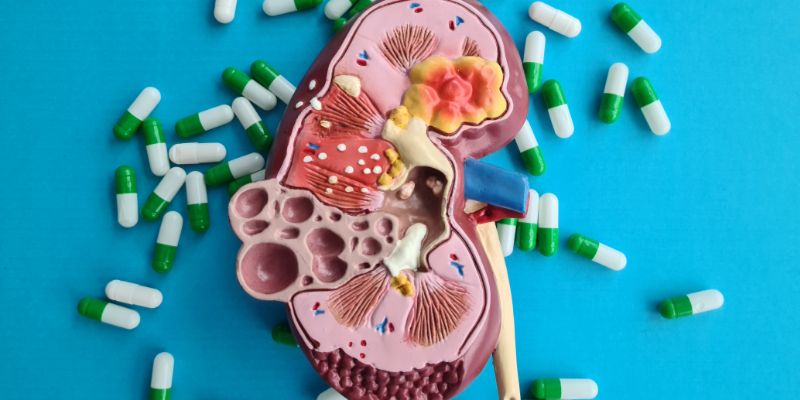
Understanding Your Kidneys and the Role of Diet:
When you're eating that delicious steak with a juicy drink, your kidneys work in the backend, filtering anything your body doesn't need to help keep the balance among other nutrients. But what happens when this process is ruined? Kidney disease can disturb this natural process. With it, your kidneys are unable to filter blood properly. It also negatively impacts the electrolyte levels and ruins the proper fluid balance. Think of it like adding too much salt to your water treatment system; it disrupts the balance and makes it harder to filter correctly. This can lead to high blood pressure, putting additional strain on your kidneys.
So, is there a solution to all of this? Well, that's where the renal diet comes in. Now, bear in mind that a renal diet is nowhere near a cure for kidney disease. However, it helps deal with the symptoms of kidney disease and slows down the kidney failure process.
A renal diet helps lower the workload on your kidneys because the diet is low in phosphorus and sodium and often only contains high-quality proteins. This way, your kidneys work efficiently and maintain the correct fluid balance that your bloodstream and cells need to keep your nerves and muscles functioning correctly.
Even if you're on a renal food diet, you can still enjoy a ton of different recipes and combinations to ensure your taste buds and stomach get treated well. However, consider consulting an expert dietitian for your renal diet, as you may have different preferences and needs.
Understanding Food Choices: Building Your Plate
Imagine your plate as a canvas for a healthy renal meal. Here's what you can fill it with:
Protein Choices (limit to recommended portions):
- Lean protein sources: Skinless chicken or turkey breast, fish (salmon, tuna, cod), eggs, low-fat dairy (milk, yogurt)
- Plant-based protein: Beans (kidney beans, black beans, lentils), tofu, tempeh, nuts (almonds, walnuts)
Carbohydrate Choices (choose whole grains over refined ones):
- Whole grains: Brown rice, quinoa, whole-wheat bread, oatmeal, and sweet potatoes
- Fruits and vegetables: Select fruits and vegetables with fewer phosphorus and potassium. Fruits like berries, apples, grapes, broccoli, cauliflower, carrots, lettuce, and peas
Healthy Fats:
- Olive oil, canola oil, avocado, nuts, and seeds in moderation
Attention! Foods to Limit or Avoid:
High-Protein Sources: Red meat, organ meats, and processed meats are high in protein and phosphorus, which end up putting extra strain on your kidneys.
High-Sodium Foods: Canned soups, salty snacks, and restaurant meals are often loaded with sodium. Too much salt in your “body’s” water treatment system disrupts the filtering process.
High-Phosphorus Foods: Dairy products (cheese, full-fat yogurt), processed foods, sugary drinks, and certain whole grains like oat bran are high in phosphorus.
High-Potassium Foods: Bananas, potatoes, tomatoes, oranges, and spinach are high in potassium, which can be problematic in some cases of kidney disease. However, their other essential nutrients make them potentially valuable in moderation, depending on your individual needs and potassium levels.
Planning your Meals: Putting it into Practice
Now that you understand the principles, here's a sample meal plan to get you started:
Breakfast:
- Scrambled eggs with spinach and whole-wheat toast
- Berries and a dash of nuts mixed with oatmeal
Lunch:
- Grilled chicken breast salad with mixed greens, carrots, and a light vinaigrette dressing
- Lentil soup with whole-wheat bread
Dinner:
- Baked salmon with roasted vegetables (broccoli, cauliflower)
- Brown rice with black beans and a side salad
Snacks:
- Apple slices with low-fat yogurt
- Handful of almonds or walnuts
- Carrot sticks with hummus
Remember, this is just a sample, and your dietary needs may vary. Consult a registered dietitian or healthcare professional for a personalized plan tailored to individual conditions and preferences.
Benefits and Upsides of a Renal Diet:
Improved kidney function and overall health: By limiting extra protein and excess sodium, as well as potassium and phosphorus within recommended levels, you can alleviate stress on your kidneys and potentially slow down the progression of kidney disease.
Reduced risk of complications: A well-managed renal diet can help manage blood pressure, control blood sugar levels, and reduce the risk of heart disease, all of which are common complications associated with kidney disease.
Increased energy levels and better quality of life: Following a renal diet can contribute to improved energy levels, sleep quality, and overall well-being. It’s like having more fuel for daily activities and enjoying a higher quality of life.
Remember, consistency is key! Sticking to a renal diet most of the time can significantly benefit your health. There's no need to be perfect, and occasional indulgences are okay. However, consult your healthcare professional if you experience any concerns or challenges.
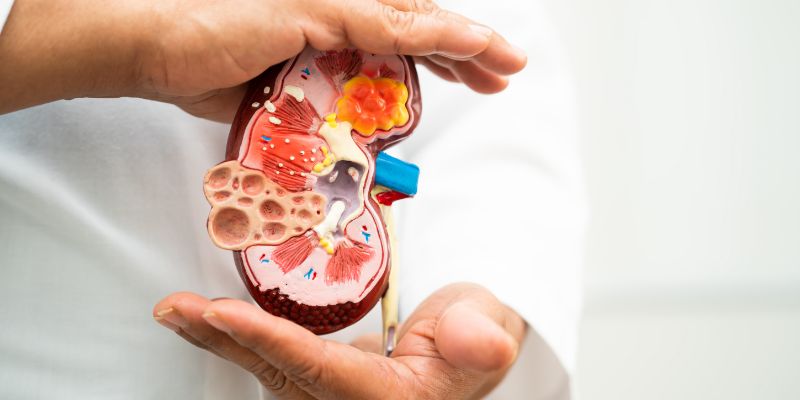
Additional Tips for a Healthy Renal Diet:
Read food labels carefully: Pay attention to the amount of sodium and potassium listed on the packaging. Be on the lookout for too much protein and phosphorus in packaged foods. Look for options lower in these minerals. Decode the information on food labels to make informed choices.
Season your food with herbs and spices: Limit adding salt to your food. Use natural herbs and spices. Think garlic in small amounts, onion powder, organic pepper, and others to add flavor to your meals.
Stay hydrated: Aim to drink plenty of fluids, but consult your healthcare professional for the optimal amount based on your individual needs and urine output. Provide adequate water for your internal "filtration system" to function correctly.
Cook at home: This allows you to control your meals' ingredients and portion sizes.
Join a support group: Connecting with others managing kidney disease can provide valuable information, encouragement, and a sense of community. Finding a network of people who understand your journey can go a long way.
Conclusion:
Managing kidney disease requires dedication and lifestyle adjustments, including dietary modifications. By understanding the principles of a renal diet, making informed food choices, and seeking guidance from your healthcare team, you can empower yourself to eat well and support your overall health and well-being. Remember, you don’t have to be alone in this journey. With knowledge, support, and consistent effort, you can confidently navigate your health condition and maintain a fulfilling and healthy life.

